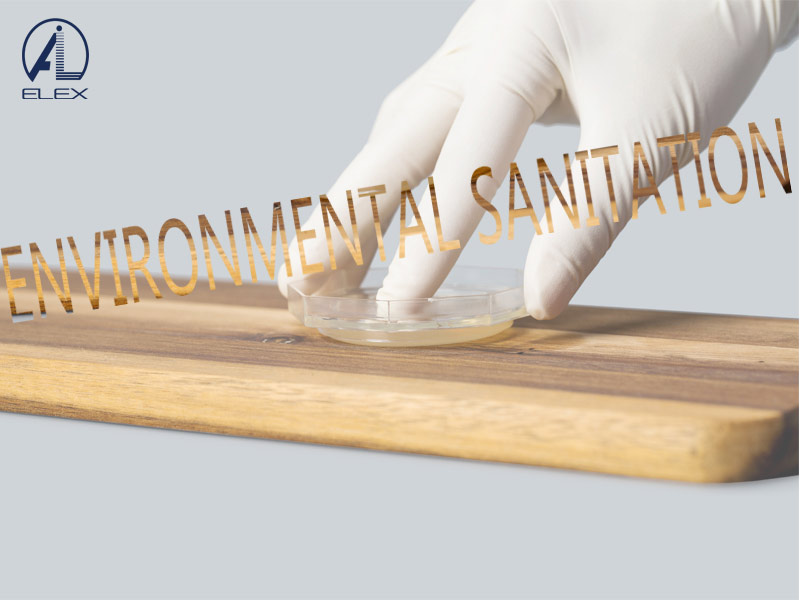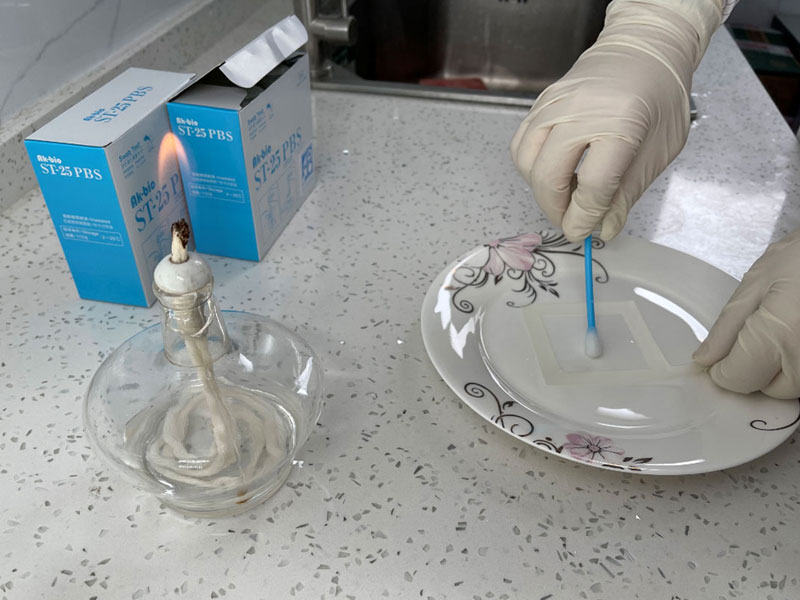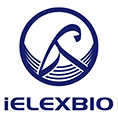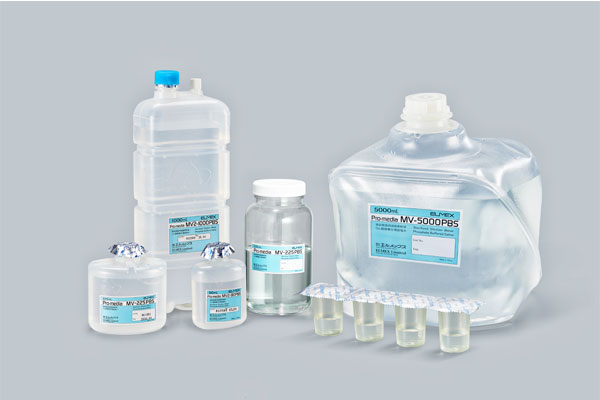In the food industry, the detection of pathogenic bacteria is an important part to ensure food safety. Cotton swab testing, as a simple, rapid and effective detection method, has been widely used in the detection of food pathogens in recent years. This paper will introduce the application of swab testing in food industry in detecting common pathogens from four aspects.
The basic principle of swab testing in the food industry is to use a special cotton swab to dip the microorganisms on the surface of the food sample, and then culture through a specific medium to observe the growth of microorganisms. In the process of operation, the cotton swab needs to be sterilized first, and then the surface of the food sample is gently wiped to attach microorganisms to the cotton swab. Next, cotton swabs are placed in a medium containing specific nutrients and incubated at a constant temperature. By observing the growth of microorganisms on the medium, we can preliminarily judge whether there are pathogenic bacteria in the food.
Cotton swab testing is widely used in the food industry, including meat products, dairy products, aquatic products, fruits and vegetables, and other kinds of food. These foods may be contaminated by pathogenic bacteria during production, processing, storage, and transportation. Through cotton swab testing, these potential risks can be discovered and controlled in time to ensure the safety and health quality of food.
Cotton swab testing can detect a wide range of common pathogens, including E. coli, Salmonella, Staphylococcus aureus, and others. The presence of these pathogenic bacteria in food can lead to serious consequences such as food poisoning. Through cotton swab testing in the food industry, we can quickly and accurately detect these pathogens, and provide strong support for food safety supervision.
Cotton swab testing has the advantages of simple operation, high efficiency, and low cost in the detection of food pathogens. However, it also has some limitations, such as for some difficult to culture pathogens may not be effective detection; At the same time, the results of the cotton swab testing in the food industry may be affected by factors such as sampling location and sampling amount, so it is necessary to make a comprehensive judgment combined with other detection methods.
In summary, as a simple, rapid, and effective method for the detection of food pathogens, cotton swab testing has a wide application prospect in the food industry. However, in practical applications, we also need to pay attention to its limitations, and combined with other detection methods for comprehensive evaluation to ensure the accuracy and reliability of food safety.
 A Tentative Study on the relevance of HACCP certification and infection control in hospital
A Tentative Study on the relevance of HACCP certification and infection control in hospital
 Environmental Sanitation Microbiology Testing
Environmental Sanitation Microbiology Testing
 Microbiology Test in Food Industry
Microbiology Test in Food Industry
 The Applicability of High-quality Ready-to-use Swab Sampler for Tableware Sampling and Public Places Supplies and Utensils Microorganisms
The Applicability of High-quality Ready-to-use Swab Sampler for Tableware Sampling and Public Places Supplies and Utensils Microorganisms
 Spike Experiment of DNP Culture Media Plate Based on Ice Cream
Spike Experiment of DNP Culture Media Plate Based on Ice Cream


